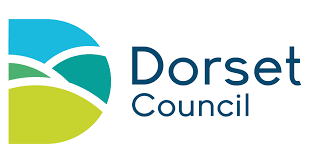
Greater integration with health care colleagues, financial efficiencies in cash-strapped times and a reassurance that the information is correct are three benefits being accrued by using the Dorset Care Record, according to a local authority adult services employee.
Sharon Guppy, Case Support Co-Ordinator at Dorset Council, works closely with social workers and occupational therapists and has found the Dorset Care Record invaluable:
“On the first occasion a client had died and neither of the two workers knew the deceased date the client had died in hospital over the weekend. I needed to let brokerage know to end the package of care and let finance know regarding an outstanding finance work flow and also I needed to input a correct deceased date on Mosaic and then close the case.
“I was easily able to access the Dorset Care Record and found the deceased date that I needed – this was time-saving as I normally might have to either telephone the GP surgery or the bed bureau or the hospital ward to obtain this information. It was a great use of resources, very efficient as I was able to close the case quickly. I also felt reassured that the information was correct.”
Having the deceased date is useful because it not only saves face when people ring and find out someone has died – it also means that outstanding care bills can be completed more quickly and it avoids the council getting invoices from care companies that go beyond the deceased date.
“On the next occasion I had to input a discharge to assessment (D2A) hospital assessment form which need to be processed swiftly but there were a couple of typing errors on the date of birth and postcode. The client was unknown to us, so I accessed the Dorset Care Record and was able to obtain the correct information quickly. Otherwise I would have had to telephone the hospital ward/referrer and they are not always available. This meant I was able to complete my work quickly and the case could be actioned, in the knowledge that I had the client’s correct details.”
Sharon believes that the DCR will make her work more efficient and more integrated with NHS health colleagues as well as saving money for the local authority. In the past, she said, much time was spent chasing up information on the telephone but by going straight to the record via the person’s NHS number, information was much more available.
Ends


